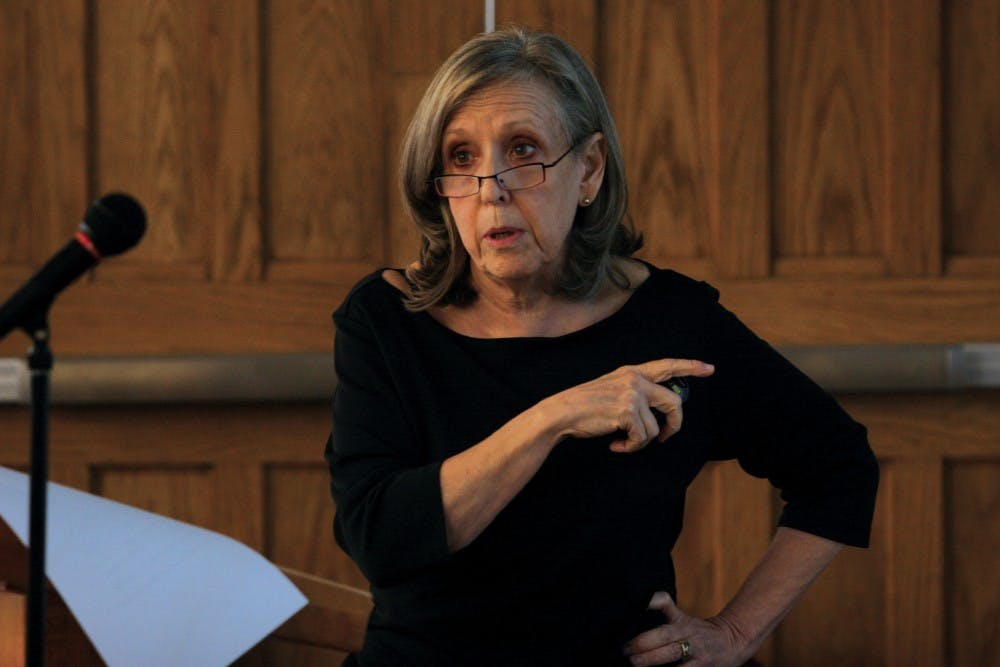With increased government efforts to monitor federal research projects, the University has been enforcing federal standards more strictly, Arts and Sciences Council members heard Thursday.
James Siedow, vice provost for research and professor of biology, emphasized the importance of Duke affiliates’ compliance with federal research standards to avoid University liability. If Duke is found noncompliant with certain regulations, it could be fined millions of dollars, Seidow said.
“The federal government that frankly was relatively benign about overseeing all of this in the past has gotten much tougher,” Siedow said. “The reason the [Duke] administration is much more concerned is basically because the feds are breathing down the University’s neck and looking a lot more closely at what we do.”
This year will be especially important because Duke has been “singled out” for auditing by the American Recovery and Reinvestment Act of 2009, which provides federal funding, Siedow said.
Council Chair Ruth Day stressed that although the University is being audited, it is not because there is a “bad signal,” but rather because it was one of the major university recipients of funding.
Duke has received more than $200 million in stimulus funds for research and construction from seven federal agencies as of September. Siedow said 84 percent of research funding received by the University comes from federal sources.
Siedow added that there were “minimal” reviews of the University’s research before fiscal year 2005, but there have been 10 reviews, audits and reports of the University since then.
Programs conducting research will also have to comply with new regulations, Siedow said. For instance, undergraduates who are paid through federal grants to conduct research will have to undergo “responsible conduct of research” training.
In other business:
Susan Roth, vice provost for interdisciplinary studies, presented the council with an update of interdisciplinary efforts at the University’s institutes and centers, such as the Duke Institute for Genome Sciences and Policy.
Roth said that establishing some educational programs at the school’s institutes is challenging because institutes often compete with academic departments for faculty. Institutes sometimes require specific faculty members from academic departments to teach certain courses, which sometimes conflicts with departmental needs.
Dr. Margaret Humphreys, professor of history and associate clinical professor of medicine, said this issue may become harder to address as departments in the Trinity College of Arts and Sciences lose faculty members that will not be replaced due to budget cuts. Humphreys added that some members of her department have been “pushed” not to work with institutes because faculty members are needed within the department.
As programs within certain institutes increase in popularity, Roth said this issue becomes more widespread.
“Filling faculty rosters is a real challenge, and I am hoping we can make some progress there,” she said.
Institutes are also disadvantaged because they have no controllable revenue sources and because there are limited resources available for faculty appointments, Roth added.
Roth also announced that the Health Policy certificate will end June 2011 because it will be integrated with the Global Health certificate. The Health Policy certificate predated the establishment of the Global Health Institute and the Global Health certificate, and the two programs have “overlapping missions,” Roth said.
Get The Chronicle straight to your inbox
Signup for our weekly newsletter. Cancel at any time.

